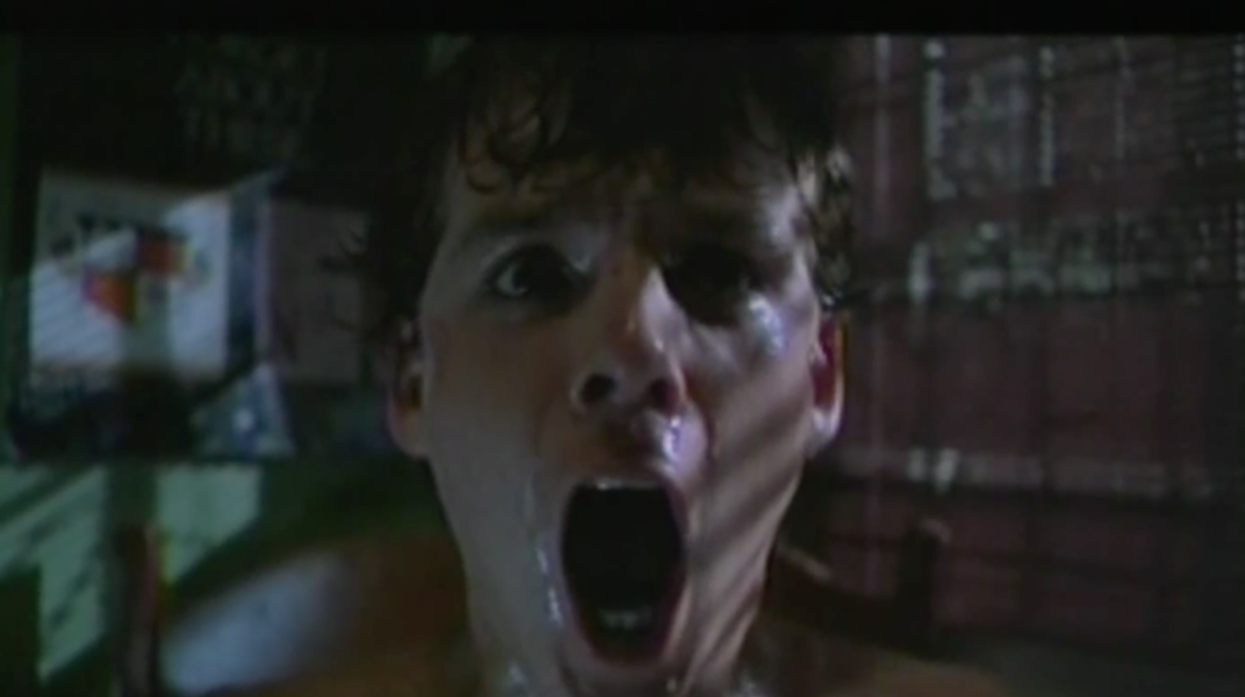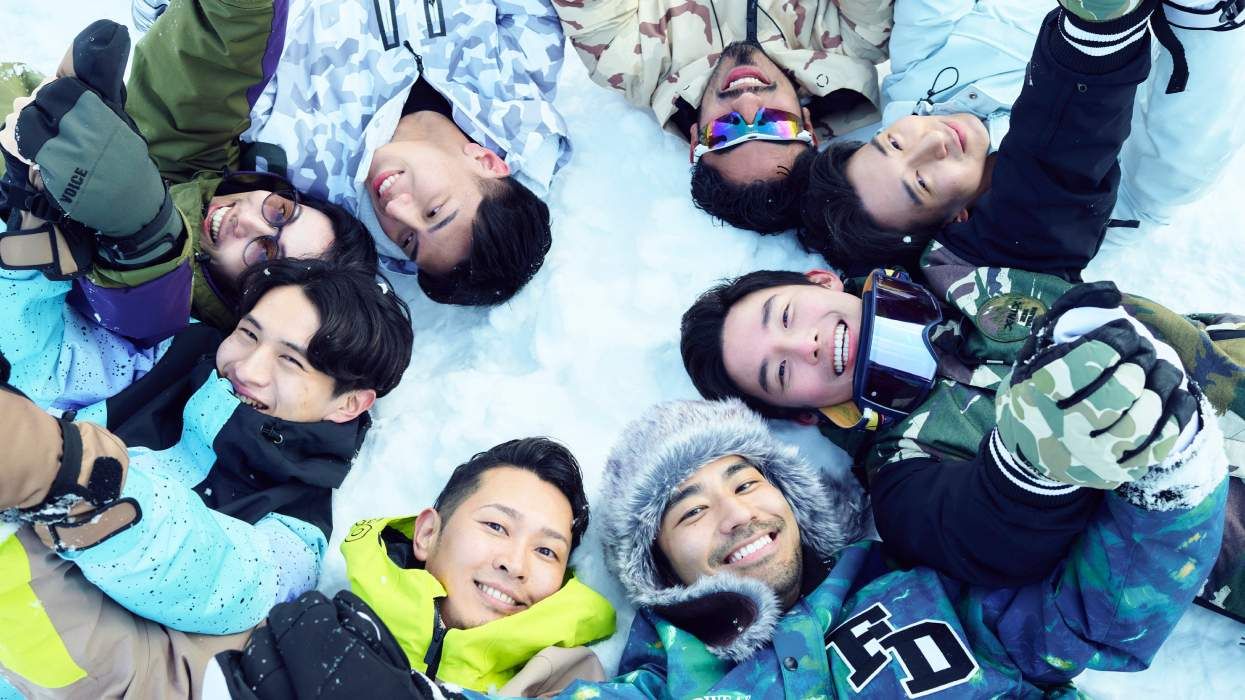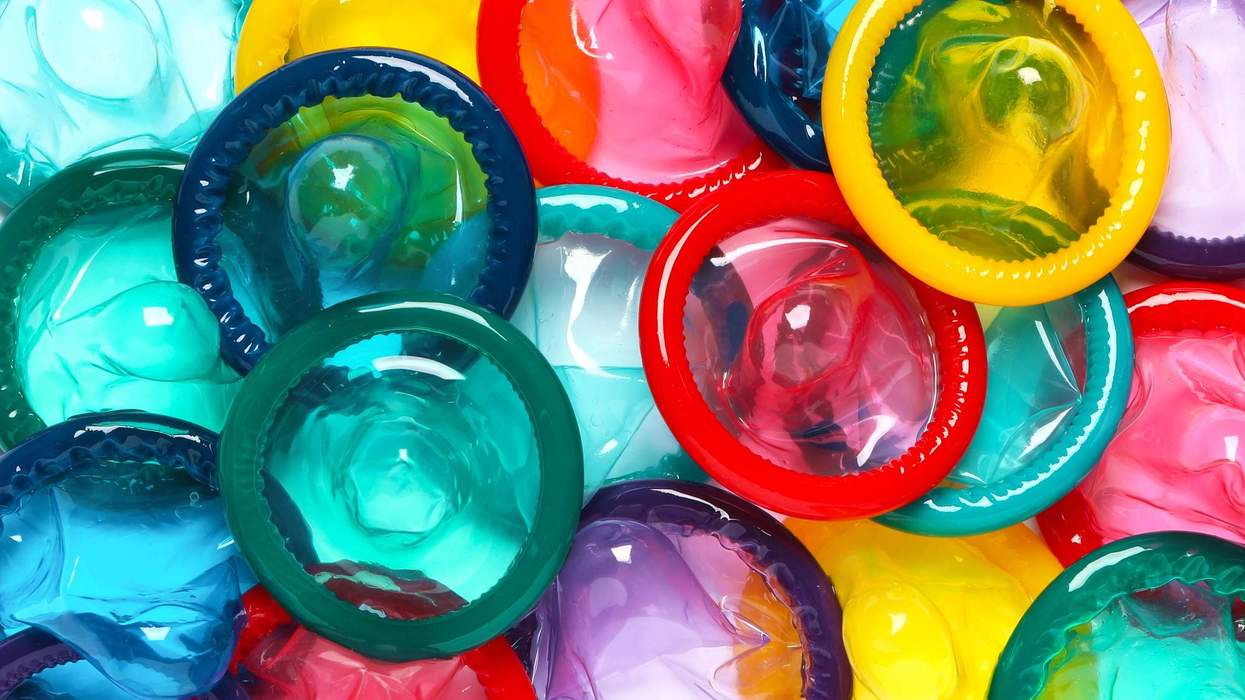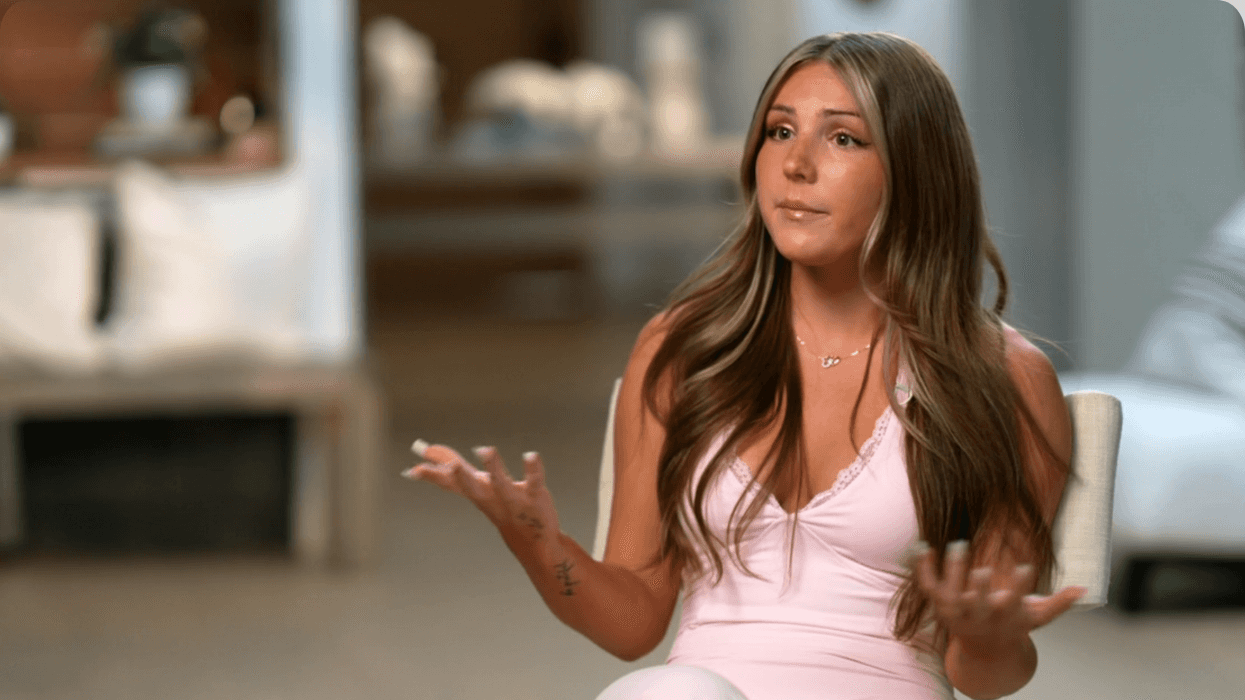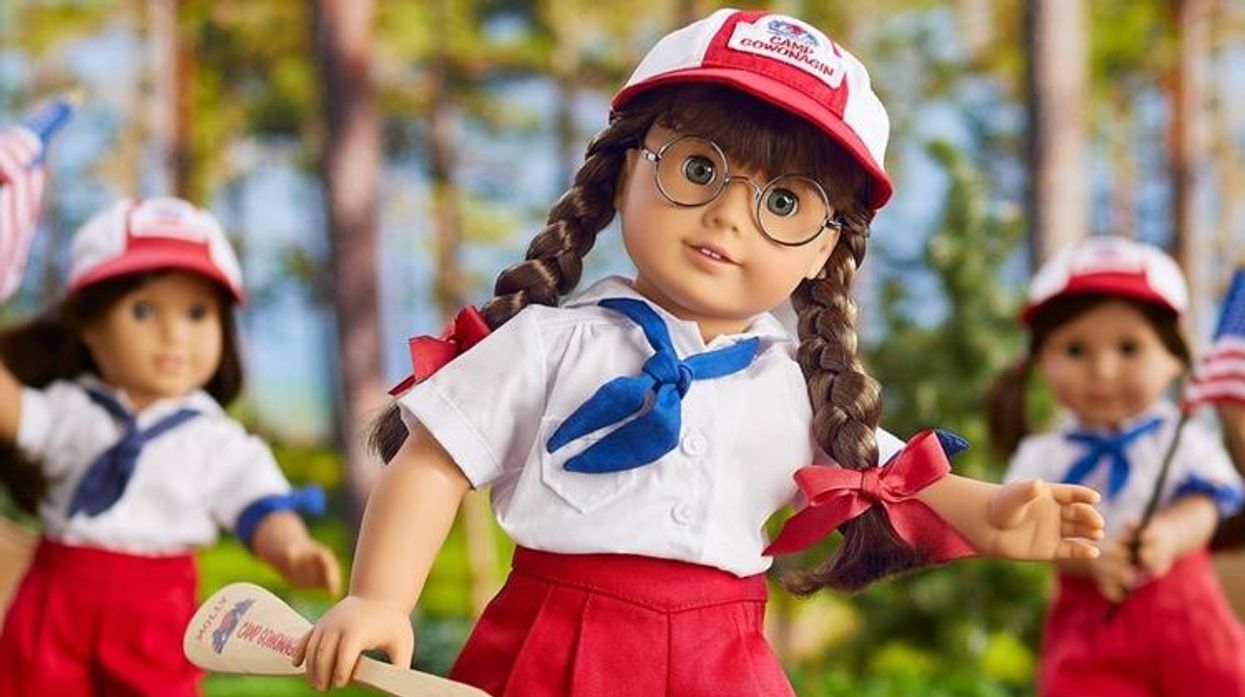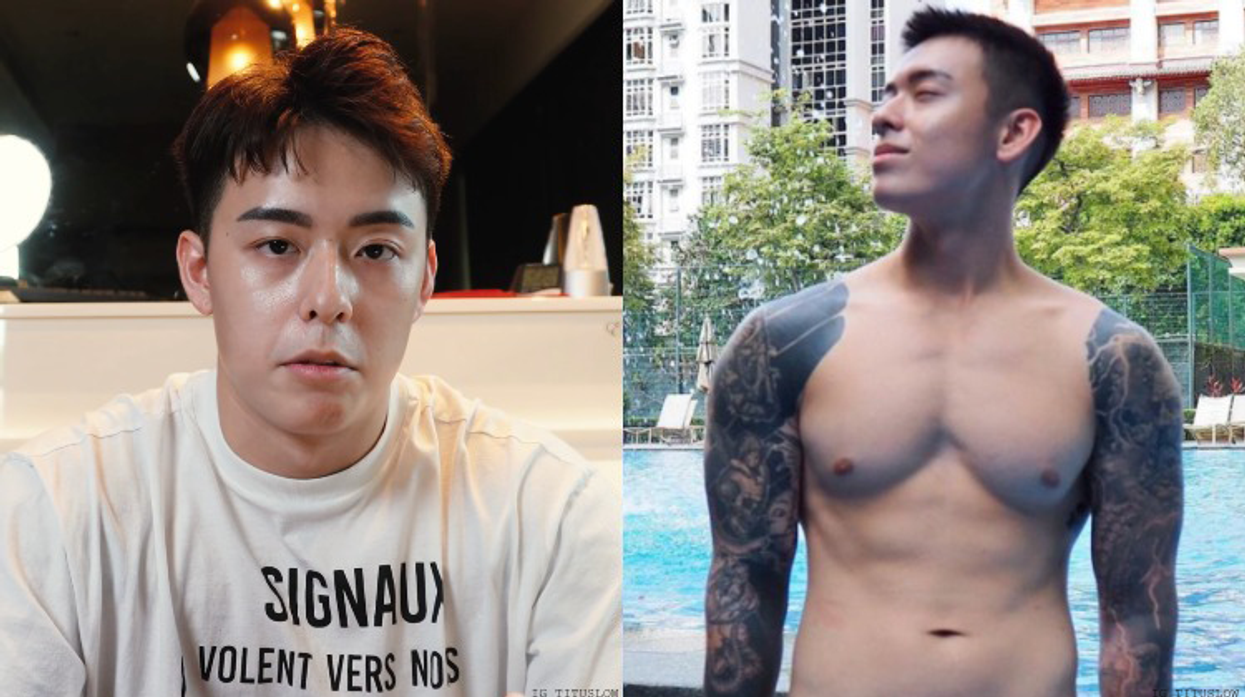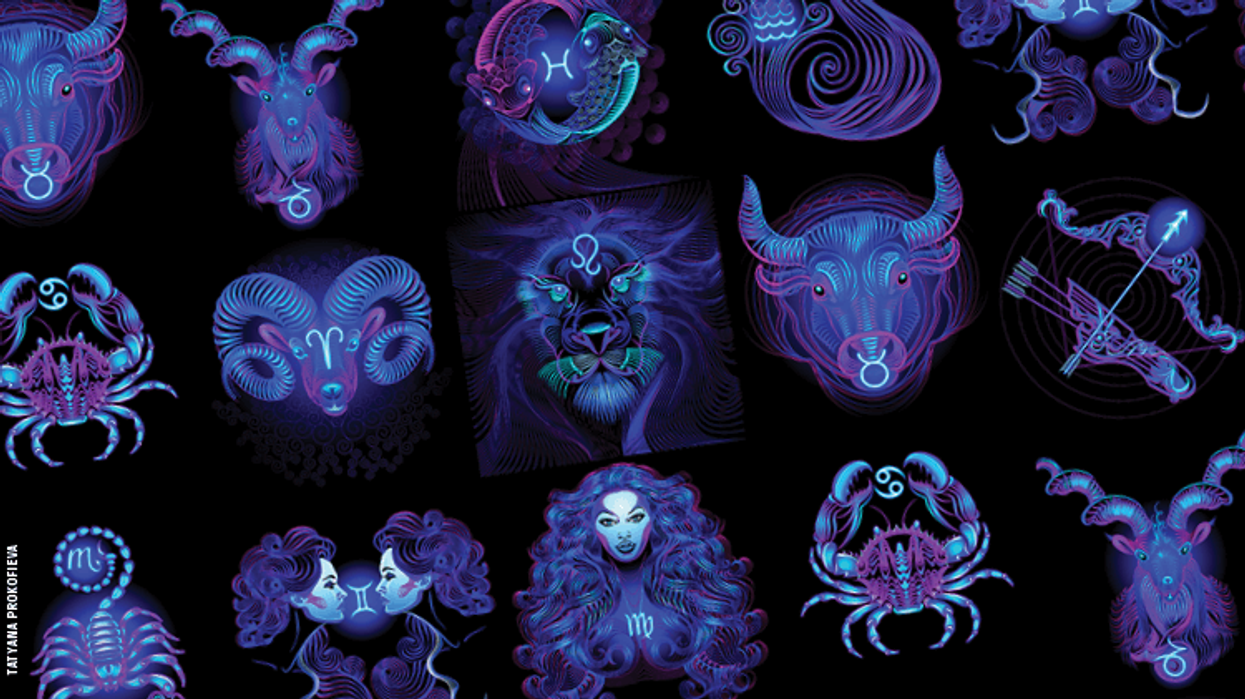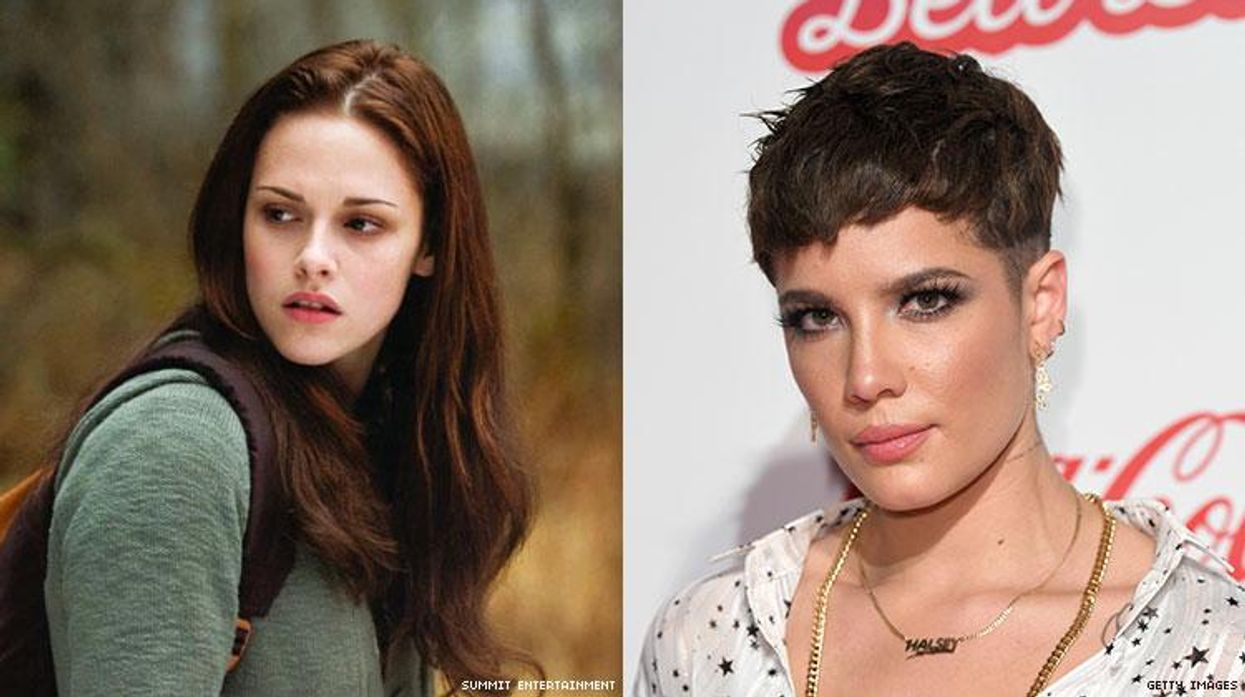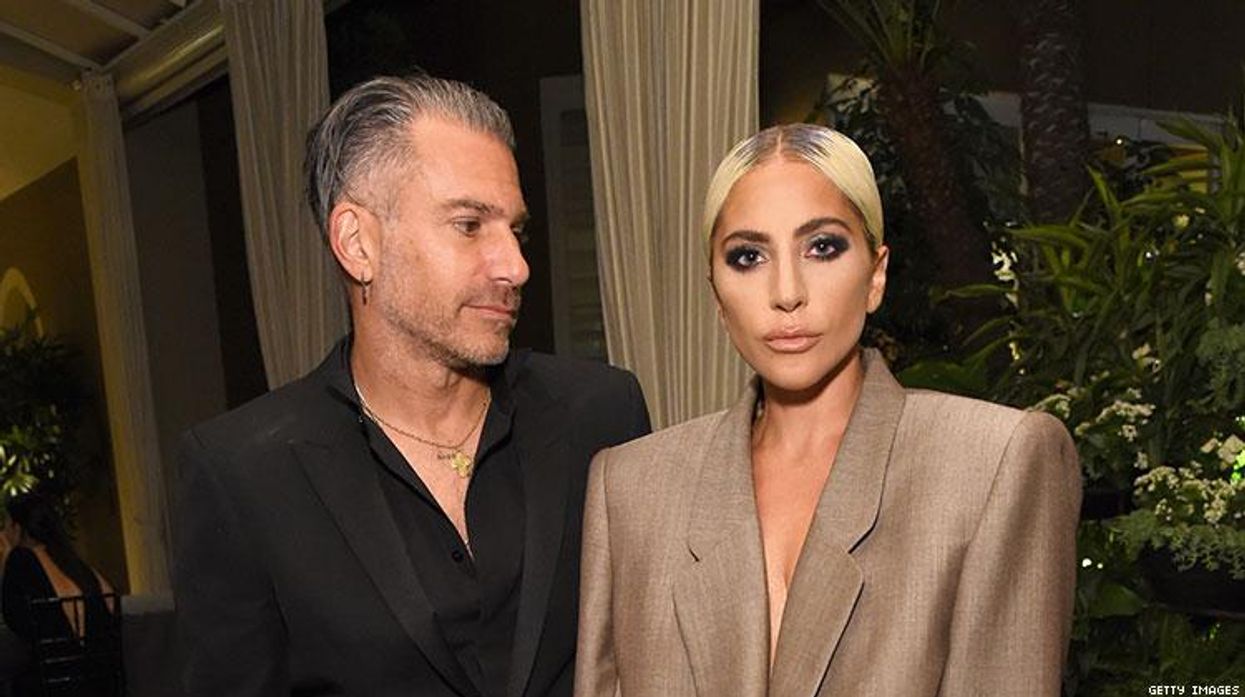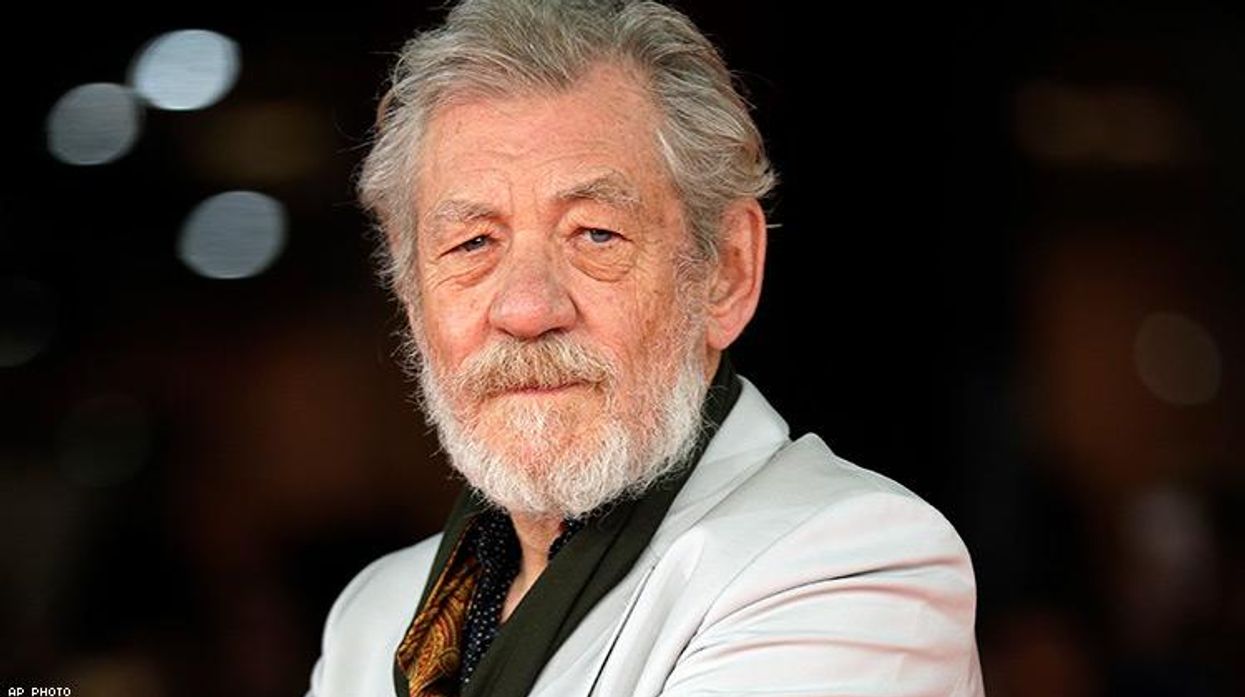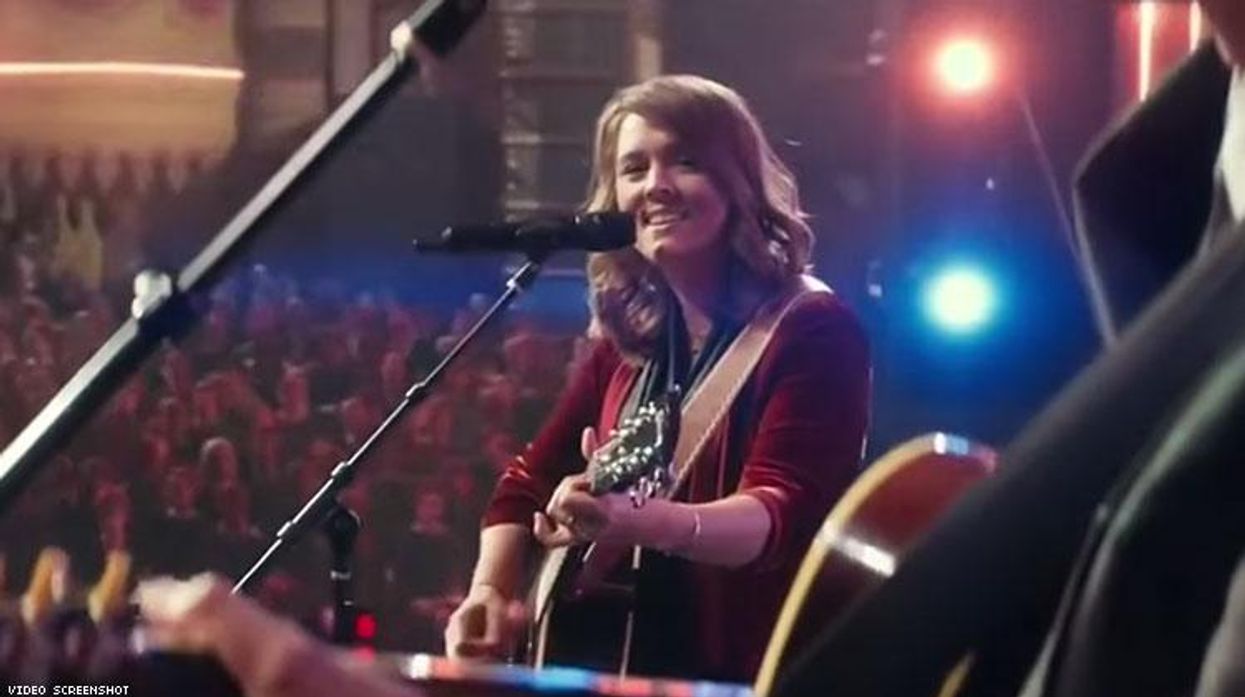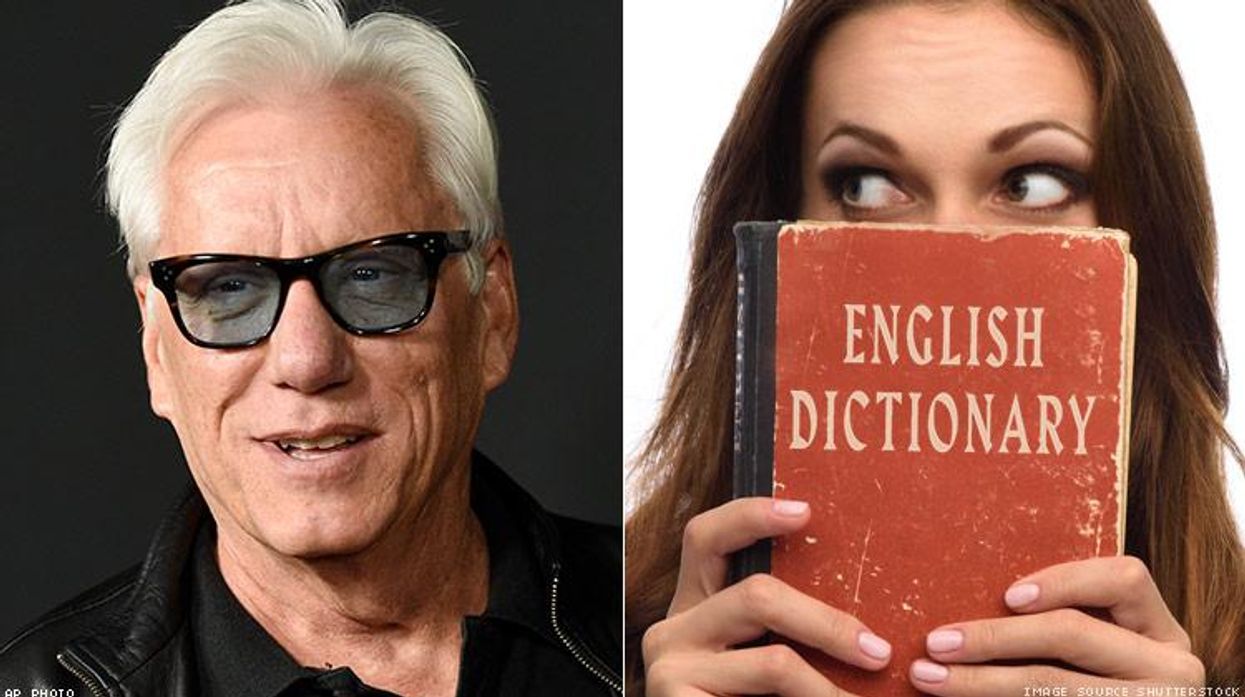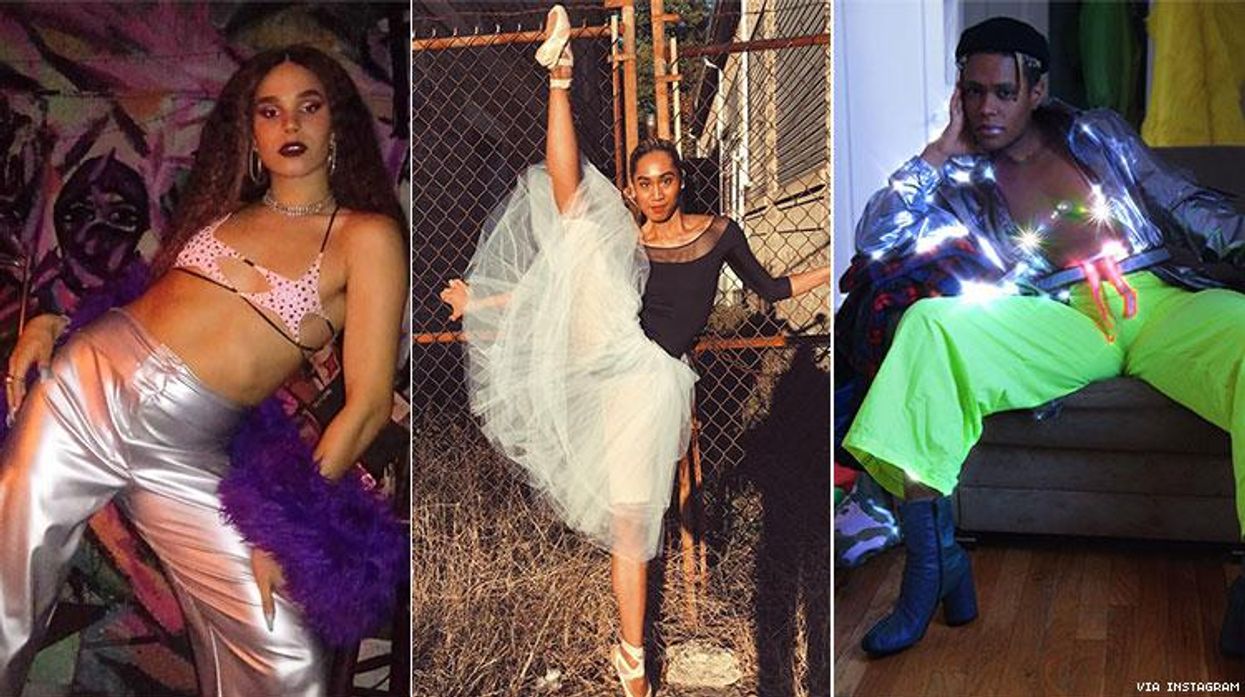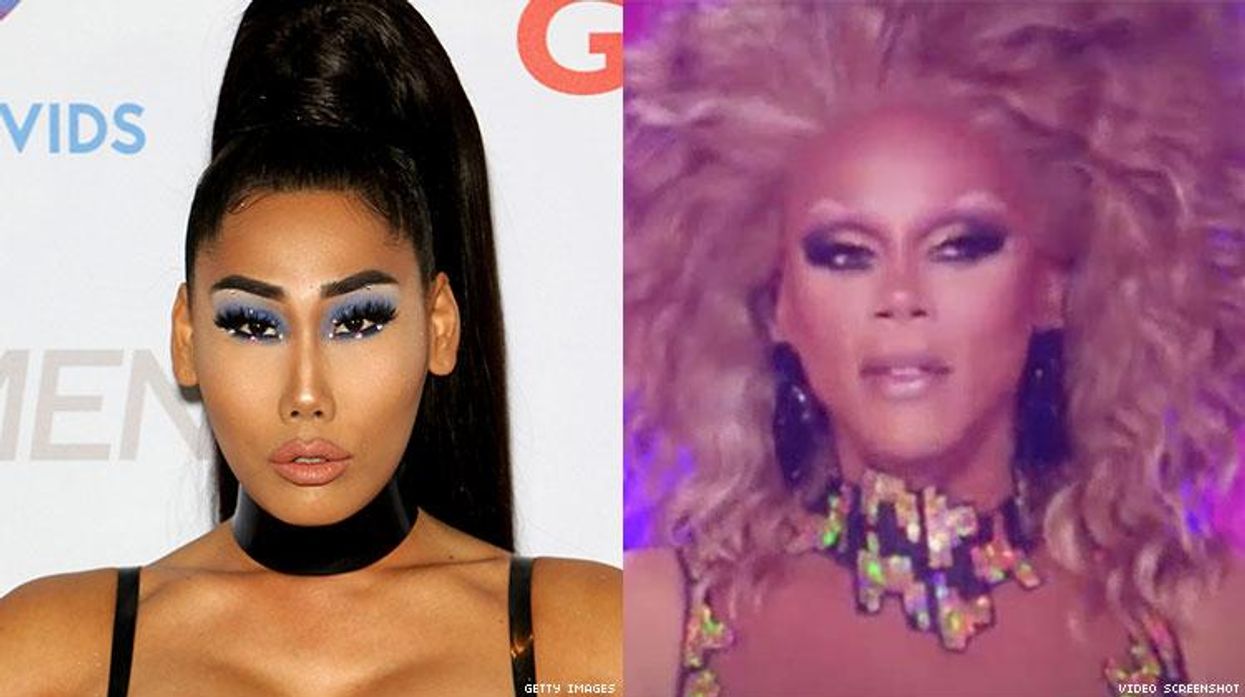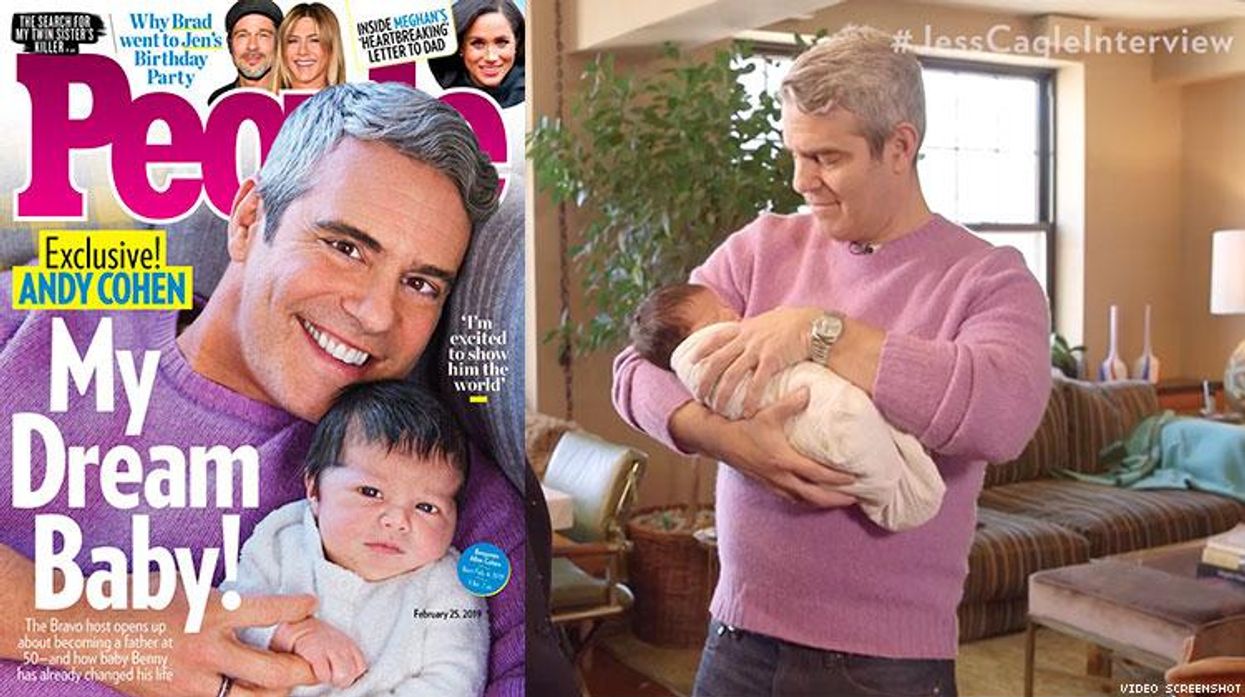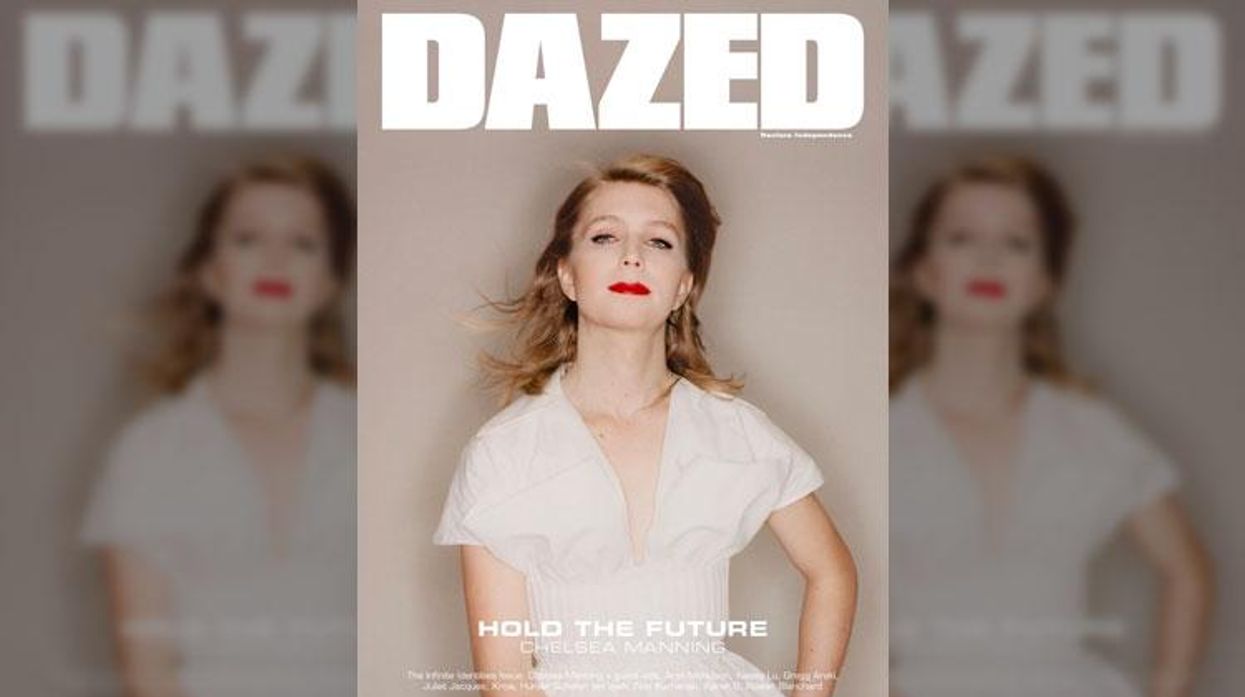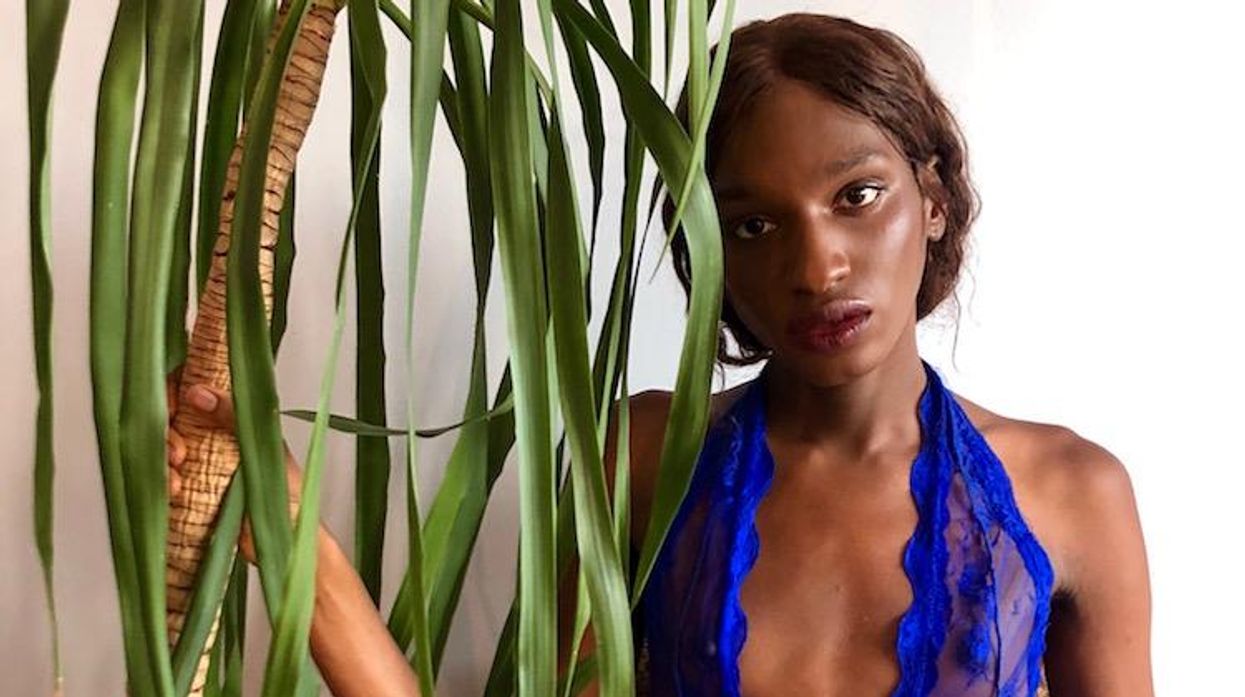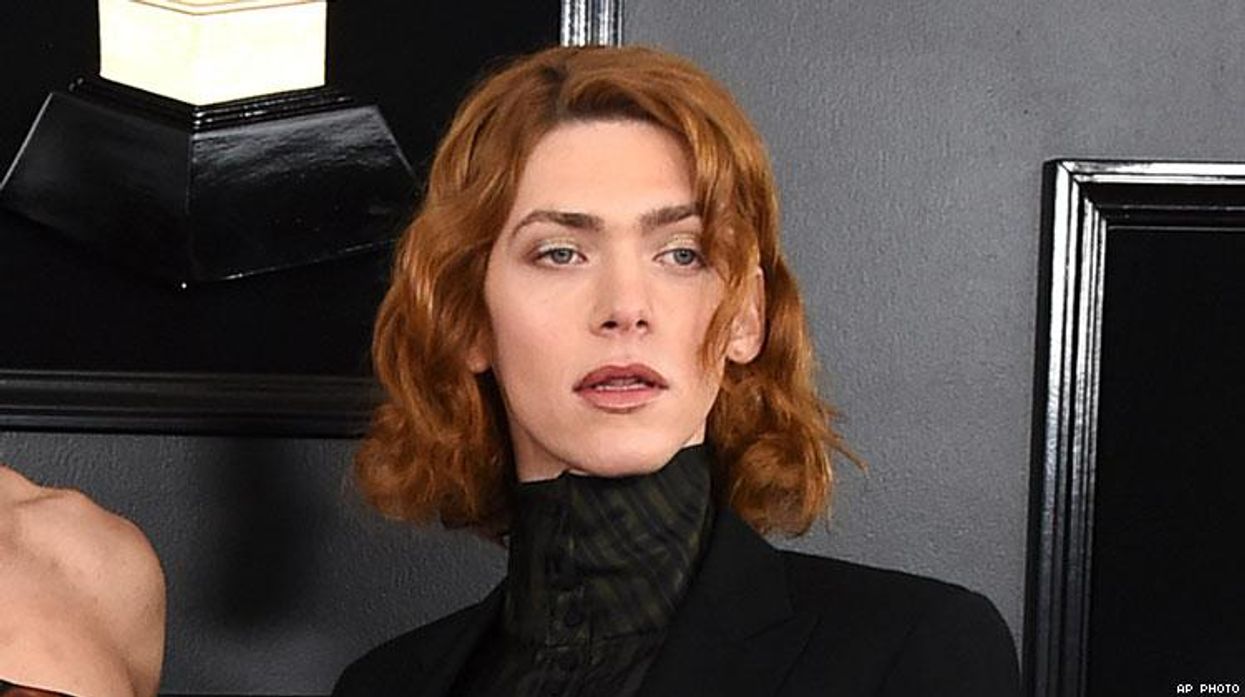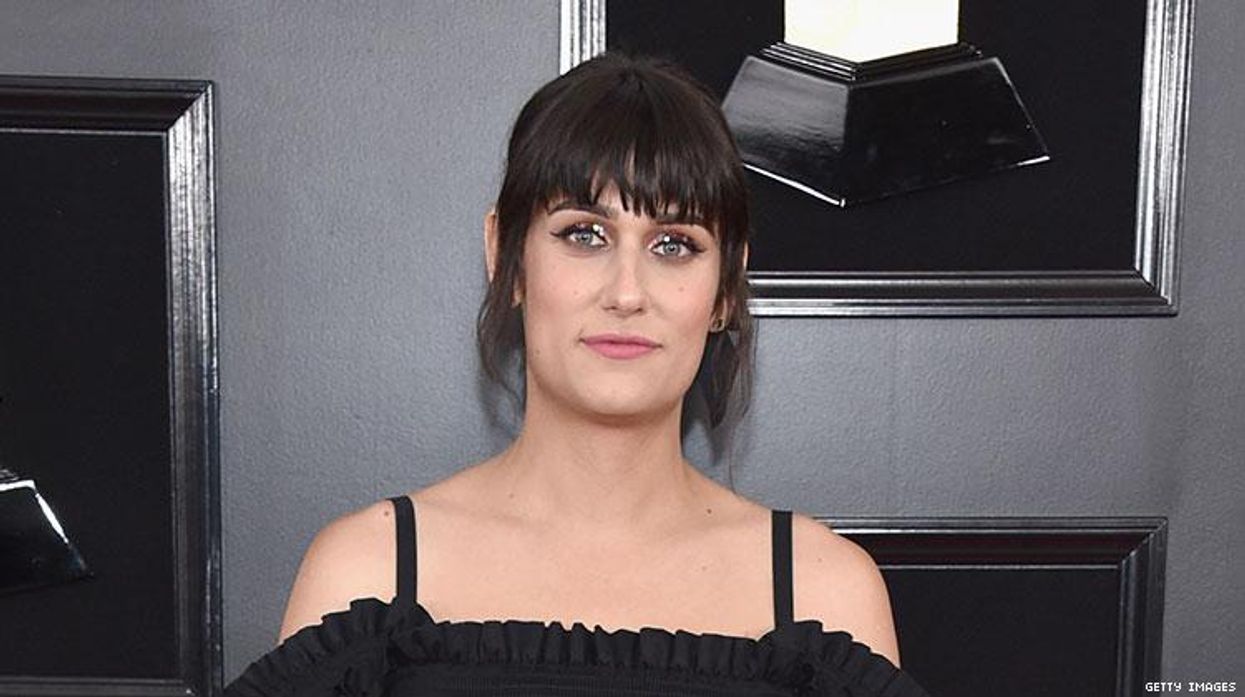The entertainment wonderland known as Comic-Con is now in full swing in San Diego, and this year there is no shortage of queer and LGBTQ-themed panels, discussions, and events.
Screenwriter and actor Michael Varrati will again be moderating a panel that explores the link between horror and queerness. At past panels, Varrati has welcomed guests such as Bryan Fuller (Hannibal), Guinevere Turner (American Psycho), and Mark Patton (A Nightmare on Elm Street 2).
This year, panelists will include Jaclyn Chessen (Shock Attack), Alan Rowe Kelly (Tales of Poe, The Blood Shed), Chris Landon (Disturbia, Paranormal Activity franchise), Aja Romano (web culture reporter, Vox/fandom expert), and Darren Stein (Jawbreaker, GBF). We caught up with Varrati as he was preparing for the discussion.
Out: There's such a wealth of queer Comic-Con events. What's the alignment between queer sensibility and Comic Con?
Michael Varrati: It certainly comes down to escapism. For a lot of queer and LGBT youth growing up, it's not always easy. Especially if you're in an environment where people aren't as accepting or tolerant. There is something truly remarkable about finding a story or a work of fiction or a TV show or a film that you can invest yourself in and get lost in. With the wide array of material that's available out there now, it's also great because we're seeing representation. When Joss Whedon included a lesbian couple on Buffy the Vampire Slayer, we didn't really have anything like that on TV, and people embraced it. They fell in love because they saw a little bit of themselves in Willow and Tara. Now, with Netflix and Hulu and Crackle and Amazon Prime and cable and all these digital platforms, there's more content than ever, there's more places for people to find themselves, and Comic-Con gives the place for the things that you love and that you're celebrating. It also gives you a chance to come together with your fan community and celebrate it together.
Zeroing in on the horror aspect, what is the connection between queer sensibility and horror films?
I think that there is a very strong correlation between horror and LGBT interests. A lot of it has to do with a sense of otherness. Because horror, more than any other genre, is a genre about outsiders and a sense of other. When you feel different and outside of the mainstream, you have an awareness and an understanding of that otherness.
What's changing about queer horror? What direction is horror taking?
We now are able to have characters really come out of the dark. There's always been more potential to have queer characters in horror than any other genre in the past, and I think that's because with horror, you can often say things that you couldn't in other genres, because when done right, horror can really make a statement about different things. Horror has always been able to address LGBT issues, and in the past they did it kind of with a mask--even if it wasn't a very subtle mask. If you look at something like A Nightmare on Elm Street 2, which is a very, very gay movie, it's not even subtext. It's there: the kid goes to a leather bar, he screams about how Freddy is inside of him, and he doesn't feel like himself.
I think we always were afforded subtexts [in horror]. We could always have stories about the outsider. We can always have stories that engender that sense of otherness that when you're outside of the mainstream, you recognize. But now, in 2016, I think how it's changed is, we can have queer characters, and they can be the hero. We now are part of the story from the beginning. We're not throwaway characters; we're not part of a punchline or a shock. We now are able to be visible in the genre for who we are, instead of being utilized as subtext.
What are some films or TV series that stand out?
I definitely think Karyn Kusama's new movie The Invitation certainly handles LGBT characters and people of color in a great way. We're no longer the token characters in that film. There are so many filmmakers doing wonderful things. How Bryan Fuller executed the final season of Hannibal--he wove homoerotic and an actual homosexual storyline toward the finale, and the audience loved it. In fact, it's what they wanted. So that's where we're at now--the audiences are there.
What about how horror will reflect our current times, in this era of extreme gun violence and global terrorism? Do you think that will find its representation in horror?
I do. I can't speak to how it will manifest itself yet because only time will tell. But I will tell you that interestingly enough, whenever times are economically or socially tougher, horror always thrives at the box office. You would think that people, when times are bad, would want to go see comedies and things, but actually I think there is a catharsis to purging the darkness. Look at the '80s when Reganomics was going on, or the height of the AIDS crisis. The '80s were one of the biggest booms for horror. We had some of our most prolific franchises occurring at the time.
And in the 90s, during the Clinton years, there really wasn't a lot of horror going on until Scream.
Correct. And it really took someone--and that someone is Wes Craven--to kind of lambast what he himself helped create. And Scream kind of changed the discussion. It's one of those pivotal works for all horror people because it made us all look at, "Well, why does this work as a genre?" or, "Why are we compelled to come back to this time and again?"
Are we at the point where there will be eyerolls for new shows or films where there is just a token gay character? Does that not cut it anymore?
That's a very tricky question. It's not about whether it's one gay character or many; it's about how the character is handled. If the character is not presented as a fully realized individual who has more to their character than just their sexuality, then yes, I think the eyerolls are going to come. When we were growing up, there was not a lot of gay content out there. So when a movie was made or a [queer] character was included, we just kind of embraced it even if it wasn't very good because it was what we had. We needed to take what we were given. But that's not the case anymore. We shouldn't embrace something just because it's gay. We should embrace it because it's good.
With more exposure to alternative and non-heteronormative lifestyles, will that cause these films to lose a little bit of their edge? Is that a concern?
I don't think so. I think that we are having a new renaissance of horror in ways that we haven't in a very long time. Look at the last couple of years. There have been more movies coming out that non-genre press have attempted to hail as the definitive new horror film of a generation. When I was growing up in the '90s, a movie like that would come along every couple years that the whole world would get excited about. But now I feel like it's every so many months, because there's so many innovative filmmakers and storytellers out there who now have an opportunity to tell stories they never could before. So all of a sudden, something like It Follows, or The Witch, or Girl Walks Home Alone at Night, or The Babadook--two of the films I list by the way directed by women. The time is now. We've got a renaissance. And all those movies are being hailed by critics and viewers alike because they're fresh. They do subvert the genre and the cliches. I think that horror is only going to to grow, and it's going to get better. Audiences are always going to have a need to be scared. And there will always be new ways to do that.
What gets you excited personally about Comic-Con?
What I love about Comic-Con is that if you love it, it's there. If you are on the floor of Comic Con, and you look hard enough, you'll find your other people. If you love comic books, they're there. If you like people who dress in costumes, they're there.
The other thing that's cool is that you can look across the room and see a group of people who are into something that you didn't even know existed, and by the end of the show, you can leave with something new to discover. I'm an unapologetic on-the-record fan of Dr. Who, so every year I crowd the BBC booth and see what new stuff they have and it gets me jazzed for the new season.
And cute cosplay boys and men?
It's definitely been noticeable the last few years, and I am certainly not mad about it!
The Comic Con panel "The Gay Agenda in Horror: Terrifying Subtext" takes place Friday, July 22 at 7 PM PDT.


